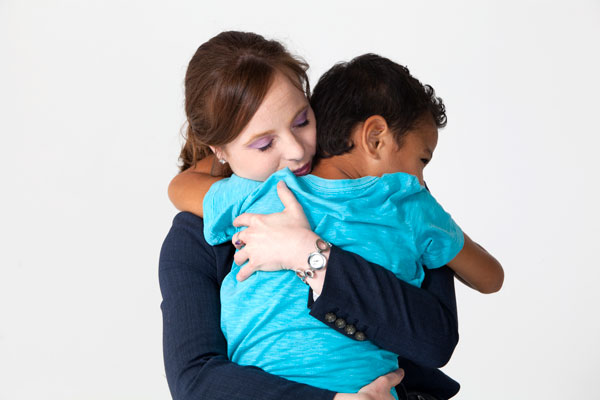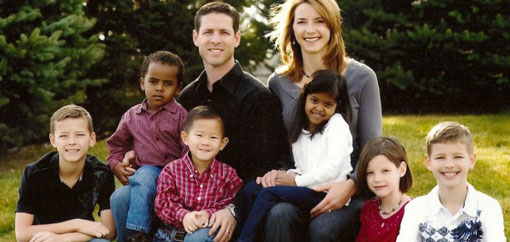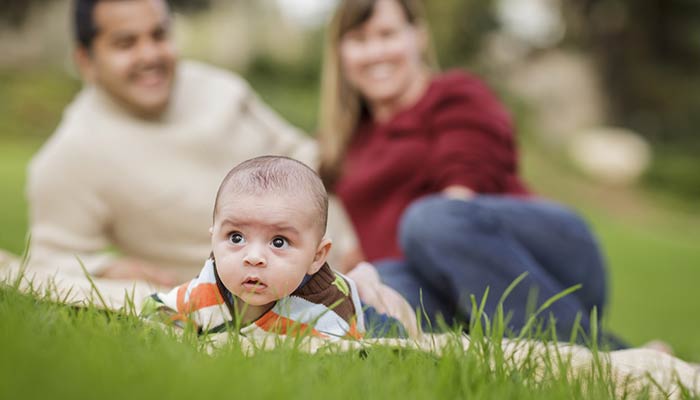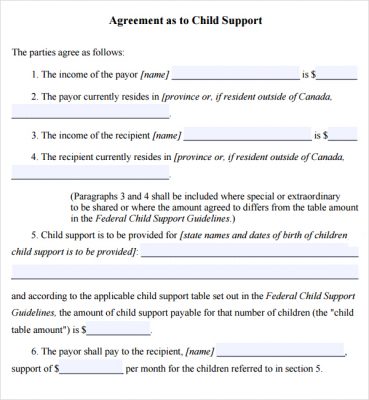In general, any single adult or married is eligible to adopt a child. In addition, a stepparent can also adopt the child of their spouse. In approximately 17 states and the District of Columbia, there are no specific additional conditions. In some states, married adults can adopt singly if they are legally separated from your spouse, or if the spouse is declared legally incompetent.
In approximately six states (Kentucky, Louisiana, Montana, New Jersey, Tennessee, and Washington), the age of adulthood for purposes of adoption is 18; three states (Colorado, Delaware, and Oklahoma) and American Samoa set the age of 21; and Georgia and Idaho specify that the adoption should be done after the age of 25. Some states allow minors to adopt under certain circumstances, for example, when a minor is the spouse of an adult who is a parent(mother), adoptive(a), or when the child is the unmarried father of the child in adoption.
In approximately six states (California, Georgia, Nevada, New Jersey, South Dakota, and Utah) and the Northern Mariana Islands, the adopting parents must be at least 10 years older than the person you are going to adopt. In Puerto Rico, the adoptive parent must be at least 14 years older; in Idaho, the parent must be at least 15 years older.
Approximately 17 states, Guam, the Northern Mariana Islands, Puerto Rico, and the Virgin Islands require applicants of a child for adoption are residents of that state. The period of residence varies between 60 days and one year. There are exceptions to the residency requirements in some states. For example, in Indiana and in South Carolina, someone who is not a resident in the state can adopt a child with special needs; in Illinois, Mississippi, New Mexico, and Rhode Island, a person who does not reside in the state may adopt through an agency.
The adoption by homosexual
The laws in most states do not cover extensively the subject of the adoption on the part of the people affected to the same sex. So far, only the legislation of two states, Florida and Mississippi, explicitly prohibits adoption of children by homosexuals. Utah prohibits persons who cohabit without being legally married to adopt a child; it could be interpreted that this language includes the gays and lesbians who wish to adopt. In Connecticut, the sexual orientation of the prospective parent can be taken into consideration at the time of adoption, despite the fact that the law prohibits discrimination based on sexual orientation.









